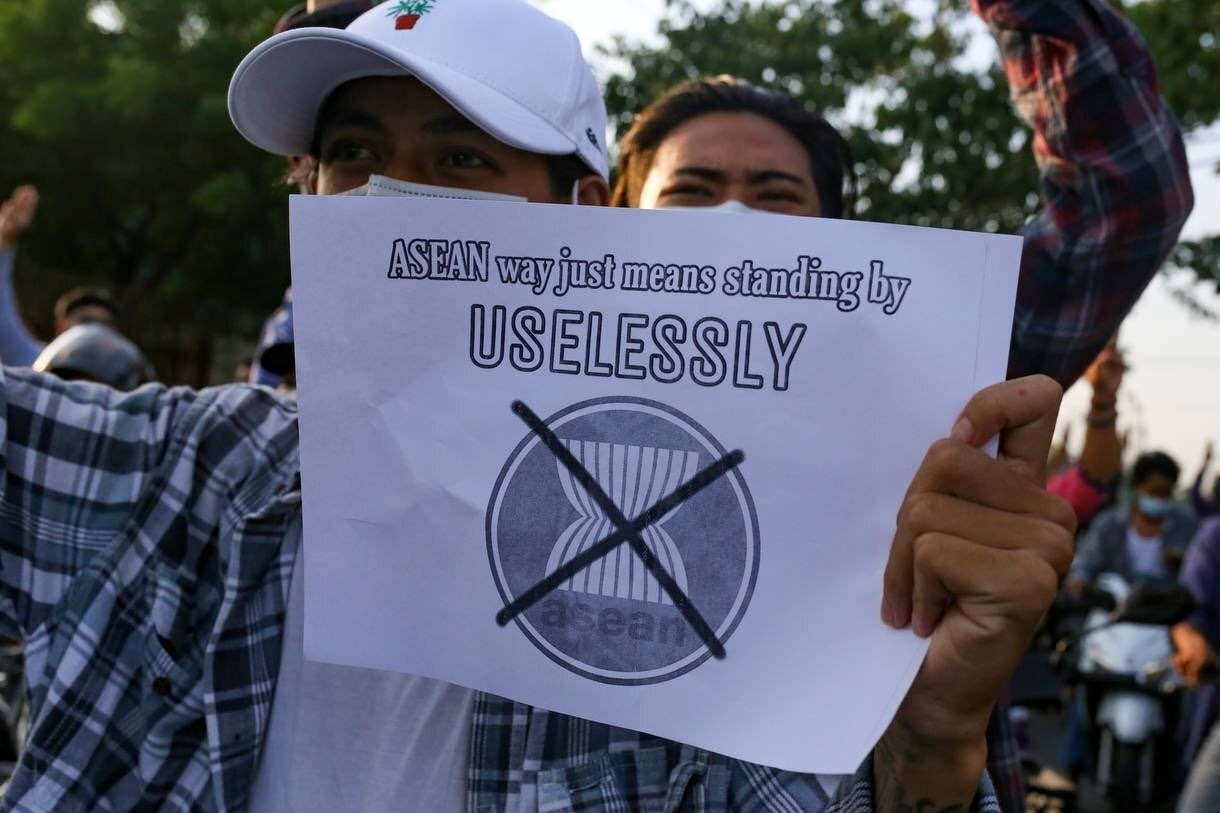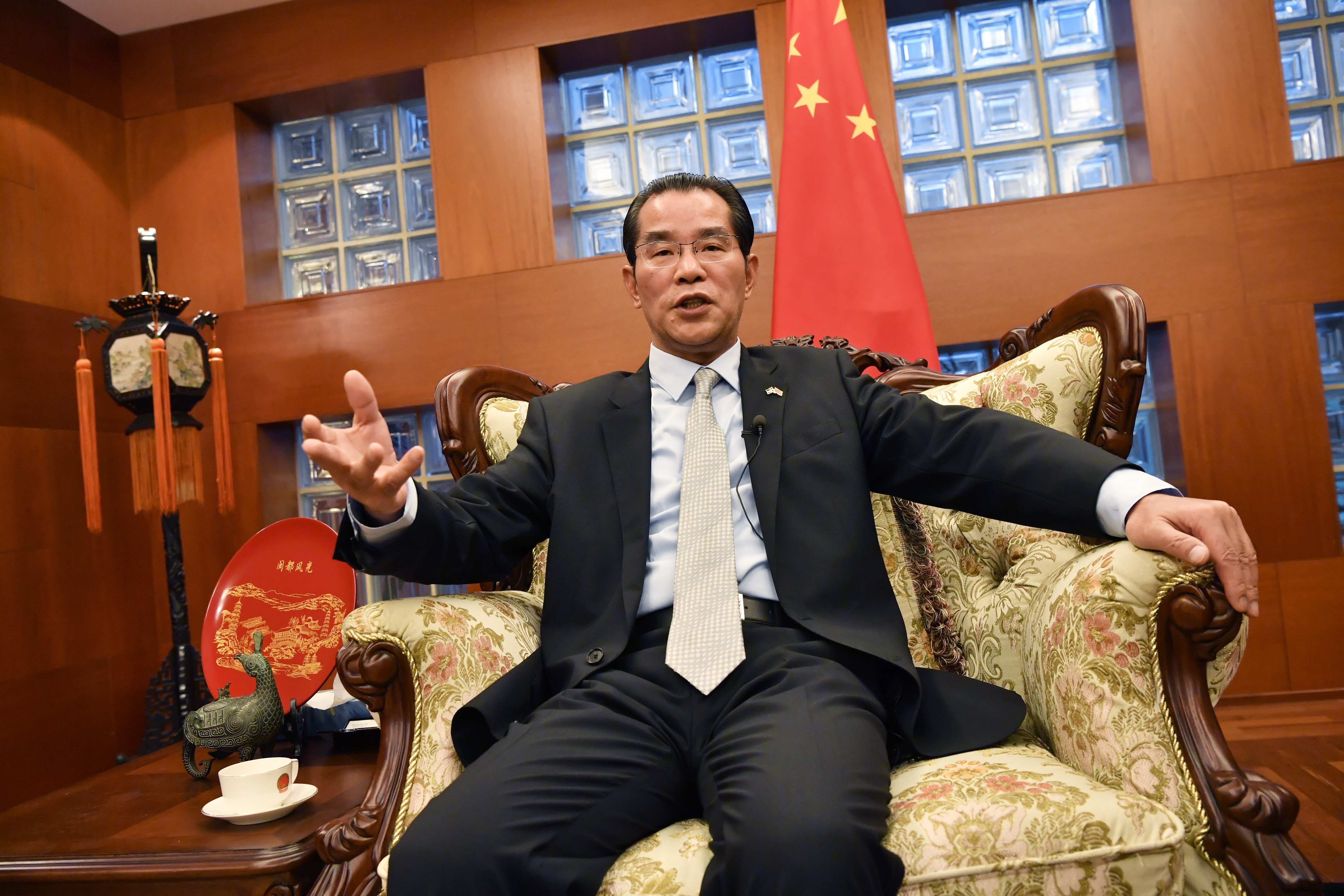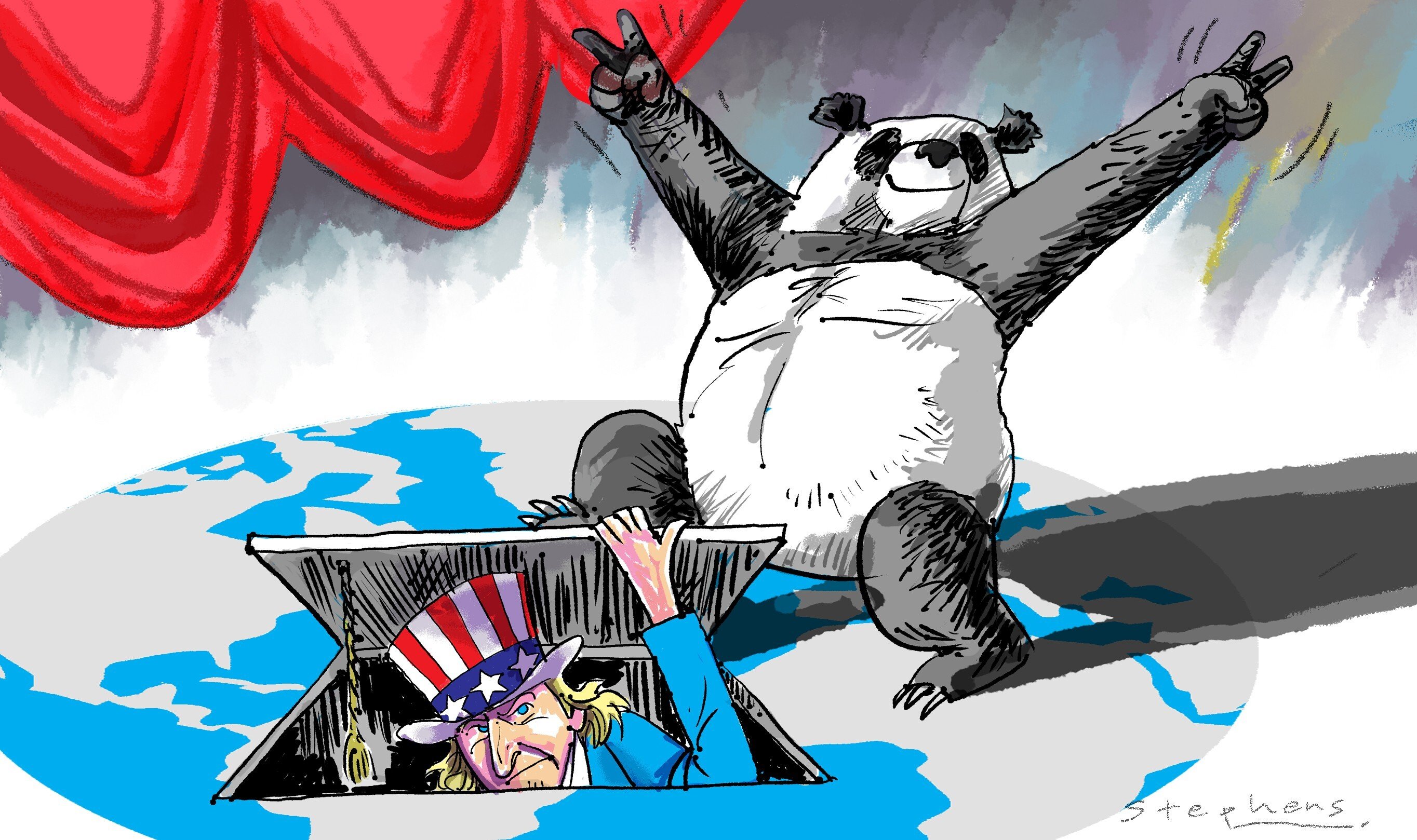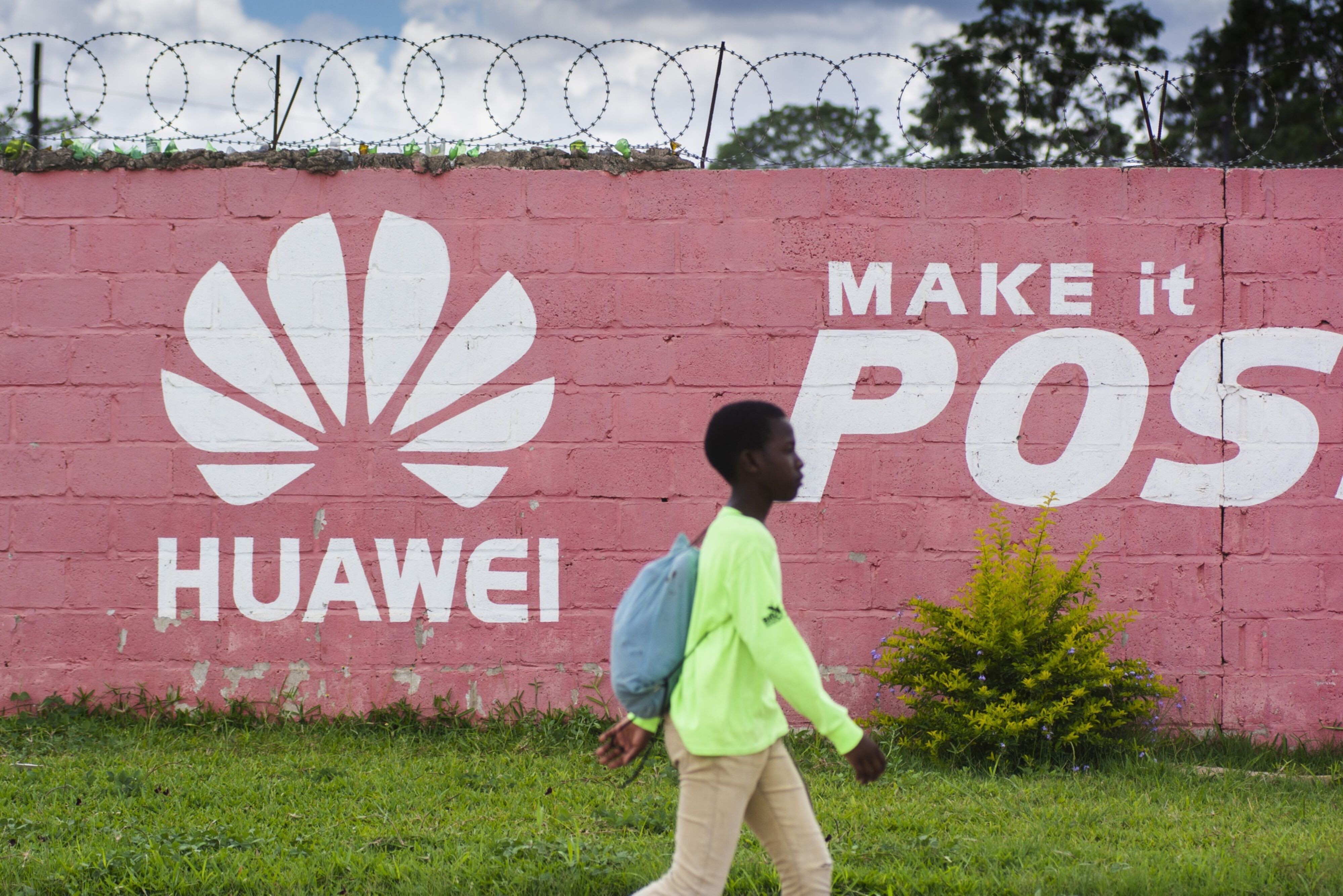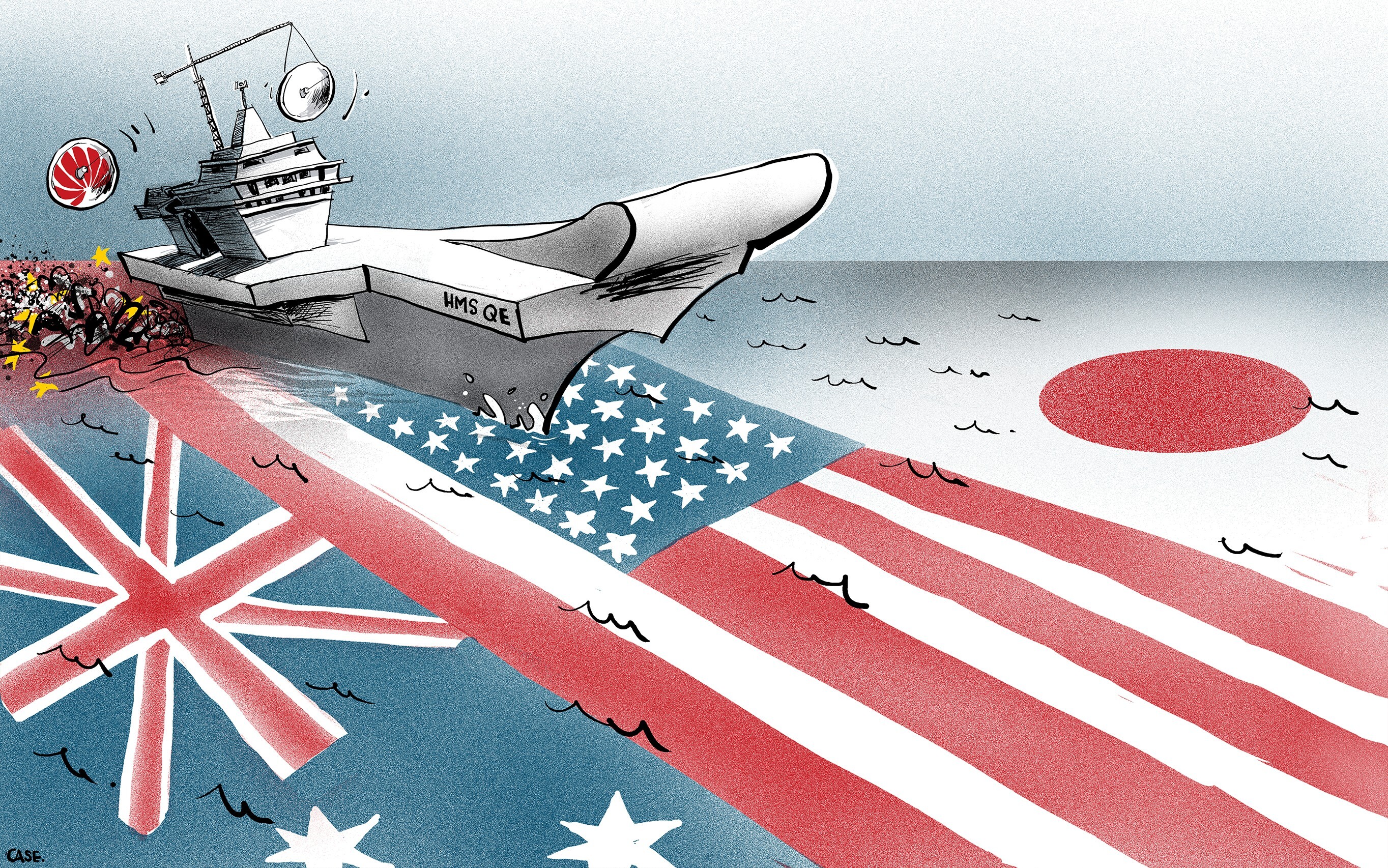Advertisement
Advertisement

Sam Olsen
Sam Olsen is the co-founder of the strategic consultancy MetisAsia and the author of What China Wants. A former managing director at Kroll, he first visited China in 1996 and has lived in both Hong Kong and Singapore. He has also contributed to UK policy on foreign and trade affairs. Twitter: @samolsenx
Almost every nation in Southeast Asia is internally split between those favouring Beijing and those preferring Washington. If conflict does erupt, internal politics and assumptions of fealty are likely to force the hand of regional leaders.
As the Sweden example shows, Beijing’s way of dealing with criticism is eroding its soft power. China needs to avoid alienating other countries and learn how to influence people if it is to cement its place at the top.
In recent years, the US has been withdrawing from the international system, while China has been taking on a greater role. Covid-19 has heightened this trend, with China’s pledges of assistance standing in stark contrast to American isolationism.
From fibre-optic cables to health care connectivity in emerging markets, China’s digital silk road enables the country to gain both influence and commercial benefit. The US has been making headlines opposing Chinese firms worldwide but offers no comparable programme.
Advertisement
